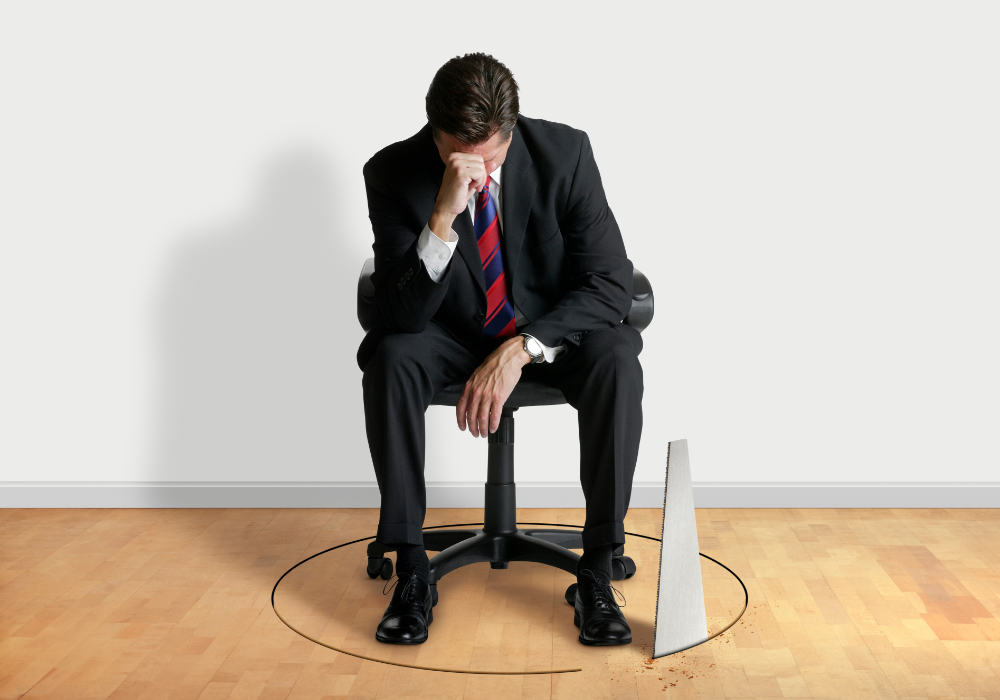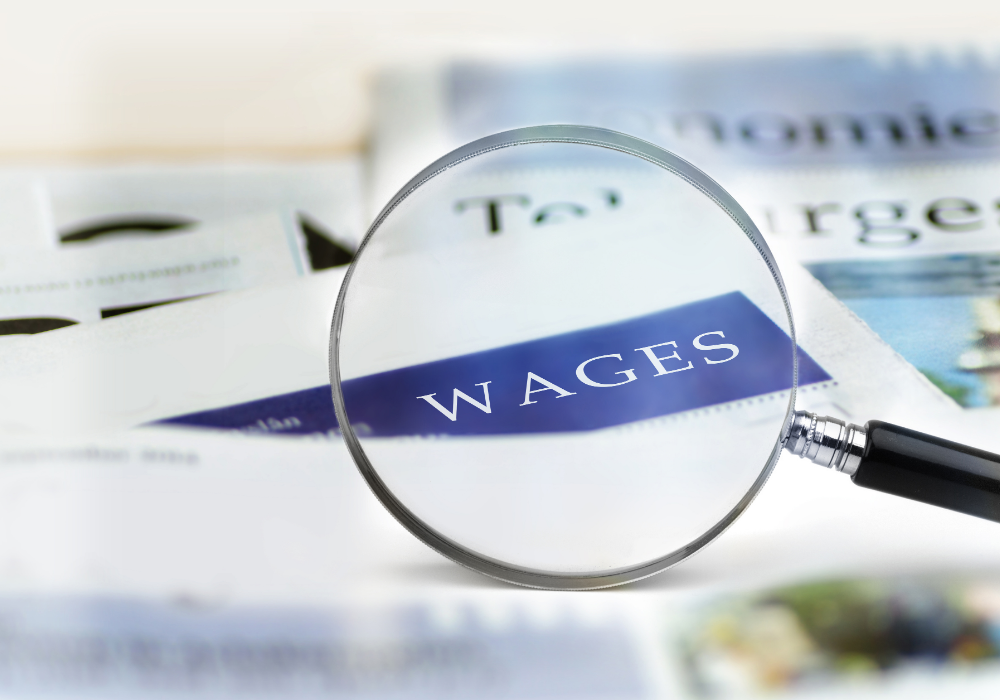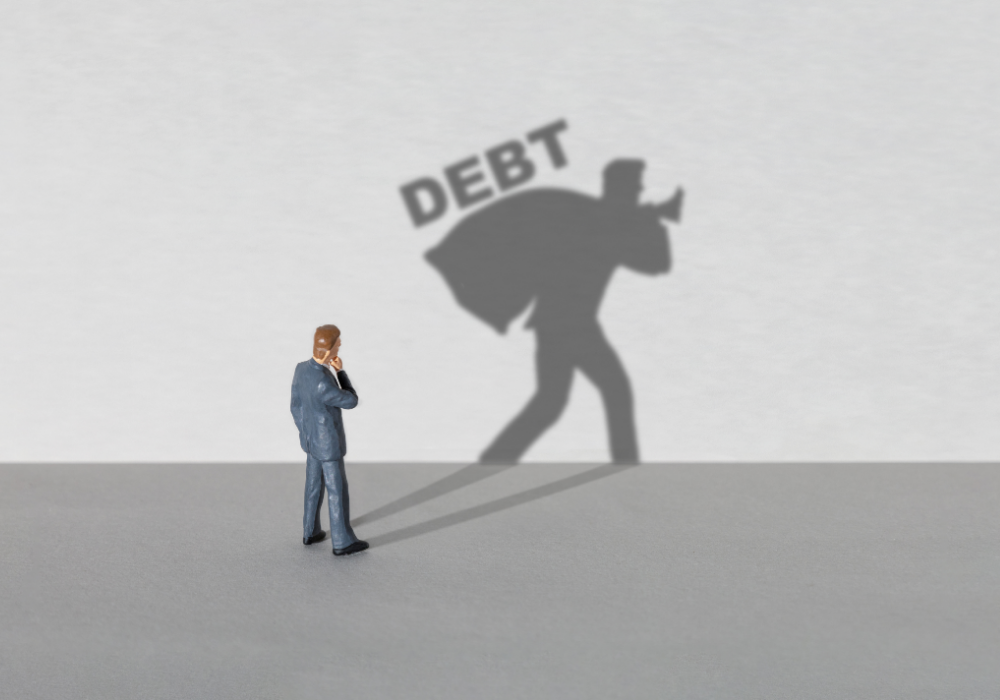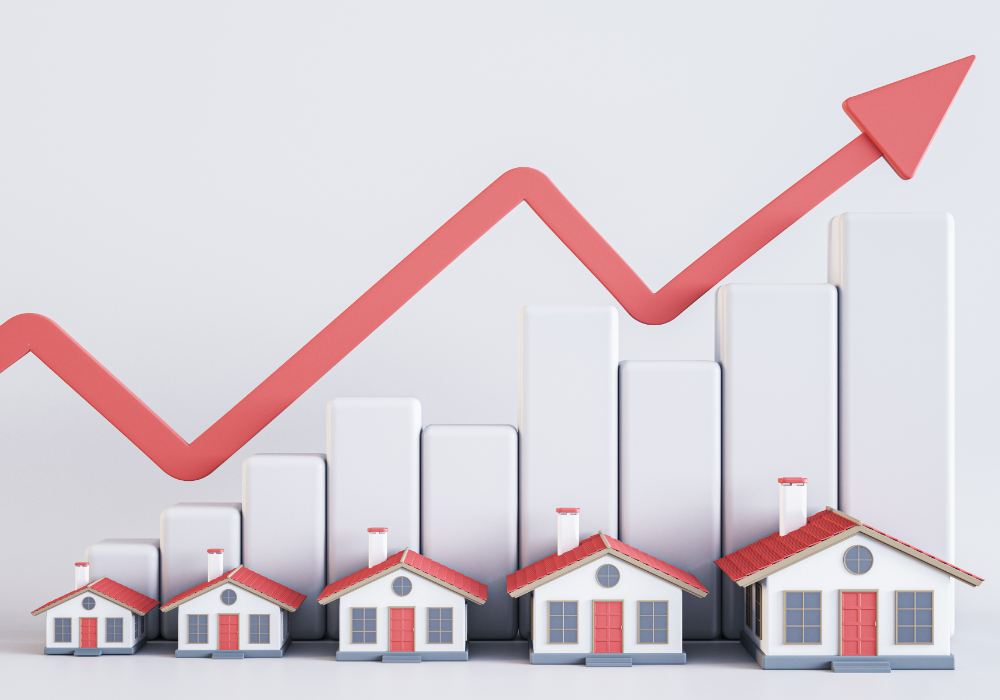You were never meant to win under rules written against you.

Most of us are taught that success comes down to effort. Work hard, stay focused, and things will eventually fall into place. But the deeper you go, the clearer it becomes: this isn’t a fair fight. Wages have stalled while prices soar, wealth pools at the top while everyday people scramble, and somehow, you’re expected to believe it’s all personal failure.
It’s not. The system is built to exhaust you while keeping you hooked on the promise of eventual payoff. What looks like bad luck is often baked into the very structure of how things work. And if you’ve felt like no matter how hard you push, you’re still falling behind, you’re not imagining it. These 11 realities expose just how deeply the odds have been stacked—and why it’s not you that’s broken, it’s the game itself.
1. Wages are stuck while everything else gets more expensive.

Year after year, you’re told to be grateful for a tiny raise while rent, groceries, healthcare, and utilities skyrocket around you. It feels like you’re running on a treadmill that only speeds up, no matter how fast you move. Even as profits soar for corporations and the wealthy, paychecks for everyday workers barely budge.
Sanda Ojiambo points out in World Economic Forum that stagnant wages erode workers’ ability to meet basic needs as living costs continue to rise. Meanwhile, the narrative blames you for not budgeting better, ignoring the fact that the math simply doesn’t work. You’re not failing at managing money. The system is failing you by design, squeezing workers dry while profits pile up at the top. The treadmill isn’t broken—it’s built exactly this way to keep you running.
2. Debt keeps you trapped in an endless cycle.

From student loans to credit cards to medical bills, debt has become a near-universal part of life. What’s sold as a tool for opportunity quickly morphs into a lifelong burden. You’re encouraged to borrow for education, emergencies, and even basic needs, only to find yourself buried under interest rates that feel impossible to escape.
Jason Fernando explains in Investopedia that compound interest grows debt rapidly, as unpaid interest adds to your balance and makes repayment even harder over time. Meanwhile, you’re blamed for “bad choices,” as if living debt-free were ever a realistic option. Debt isn’t just a consequence of tough times—it’s a built-in feature of a system that profits from your desperation to stay afloat.
3. Healthcare bankrupts you even when you have insurance.

You do everything right—get coverage, pay your premiums, and stay within the network. Yet when an emergency strikes, you’re hit with out-of-pocket costs so high they threaten your financial stability. Surprise bills, deductibles, and uncovered treatments pile up fast, and suddenly your health crisis turns into a financial nightmare.
Healthcare in the current system isn’t designed to protect you. It’s designed to turn illness into industry. Insurance companies and medical providers profit from complexity and confusion, leaving you stuck navigating endless paperwork while bills keep growing.
Lunna Lopes reports in KFF that nearly half of insured adults struggle to afford their out-of-pocket health care costs, making even routine visits a financial strain. Getting sick shouldn’t bankrupt you, but in this system, it often does—and it keeps millions trapped in fear of the next unexpected diagnosis.
4. Higher education promises opportunity but delivers crushing debt.

You’re told from a young age that a degree is your ticket to success. So you sign on the dotted line, believing that an investment in your education will open doors. But after graduation, you’re met with stagnant wages, unpredictable job markets, and a mountain of student debt that feels impossible to climb.
Meanwhile, universities hike tuition costs year after year, funneling funds into bloated administrations while students drown in loans. The promise of upward mobility rings hollow when your paycheck barely covers your loan payments. Instead of stepping into freedom, you step into financial shackles. What should be a ladder becomes a weight tied around your ankles. Higher education could be a path to stability, but the system has twisted it into a trap, one that benefits lenders and institutions far more than the students they claim to serve.
5. Housing has become an investment, not a basic need.

The dream of homeownership slips further away with each passing year. Skyrocketing prices, bidding wars, and predatory rental markets leave millions priced out of secure housing. Even renting feels unstable, with landlords hiking rates and corporate investors snatching up properties to turn homes into profit machines. Housing is treated less like shelter and more like a stock market asset, and regular people pay the price. While investors flip properties for quick gains, families struggle to find places they can afford, let alone build roots in.
Affordable housing projects are underfunded or ignored, and zoning laws prioritize profits over people. Safe, stable shelter shouldn’t be a luxury. But in a system that views homes as commodities, your basic need for a roof over your head becomes another way to keep you struggling.
6. Childcare costs as much as rent—sometimes more.

For working parents, the cost of childcare can rival or even exceed housing expenses. Daycare centers charge thousands each month, and waiting lists stretch for miles. Families are forced into impossible choices: scale back on work hours, drain savings, or rely on unreliable patchwork solutions that leave both parents and children stressed.
This isn’t inevitable—it’s the outcome of a society that undervalues care work while treating parenthood like a private burden rather than a shared social responsibility. Meanwhile, childcare workers earn low wages, trapped in the same broken system.
The result is a lose-lose: parents pushed to the brink, providers struggling to survive, and children caught in the middle. Quality childcare should be a right, not a luxury. But in this economy, it’s another way the system keeps families stretched to their limits.
7. Retirement is a fading dream, not a guarantee.

For decades, retirement was painted as the reward for a lifetime of hard work. But for many, that dream feels more like a mirage. Savings plans rely on unstable markets, pensions have vanished from most industries, and Social Security faces constant political threats. Even with careful planning, millions find themselves approaching retirement age with nowhere near enough saved to stop working.
It’s not because people are lazy or irresponsible. Wages haven’t kept pace with the rising costs of living, leaving little left to put away. Meanwhile, companies have offloaded retirement responsibilities onto workers, offering inconsistent 401(k) matches while enjoying massive tax breaks. The message is clear: you’re expected to fend for yourself in a system that’s quietly crumbling. Retirement has become less of a milestone and more of a moving target, designed to stay just out of reach.
8. Billionaires play by different rules, and they’re winning.

The wealthiest individuals aren’t just rich—they’re operating in an entirely different financial universe. Tax loopholes, offshore accounts, and generous subsidies allow billionaires to multiply their fortunes while contributing less, percentage-wise, than everyday workers. Their money grows faster than wages ever could, insulated from the risks that most people can’t avoid.
You’re told to work harder, save smarter, and climb the ladder. But the ladder itself is rigged. While you pay taxes on every paycheck, billionaires find creative ways to sidestep their obligations, all while influencing the very laws that keep them rich. This isn’t about envy—it’s about recognizing a system where wealth protects itself at the expense of everyone else. When the game is this tilted, working harder doesn’t close the gap. The rules were written to keep it wide open.
9. Essential jobs come with poverty wages.

Teachers, nurses, delivery drivers, farmworkers—these are the roles society depends on every day. Yet, despite their importance, many of these workers struggle to make ends meet. Long hours, physical demands, and critical responsibilities are met with low pay, minimal benefits, and little job security.
This isn’t an accident. By labeling certain roles as “unskilled” or “replaceable,” the system justifies keeping wages low while relying heavily on their labor. Crises like the pandemic exposed this hypocrisy, calling these workers “heroes” while failing to compensate them fairly.
The people who keep society running deserve more than empty praise. They deserve paychecks that reflect their value. Until the system acknowledges this imbalance, essential work will continue to mean essential struggle, trapping millions in jobs that barely cover the basics.
10. Gig work promises freedom but delivers insecurity.

The gig economy sells flexibility as its biggest perk: be your own boss, set your own hours, work when you want. But behind the glossy marketing, gig workers face a brutal reality of inconsistent pay, no benefits, and endless hustle just to survive. Apps control job availability, and algorithms determine who gets work—often with little transparency.
Without health insurance, paid leave, or retirement plans, gig workers shoulder all the risks while companies pocket the profits. You’re treated as disposable, expected to carry the weight of a small business without the protections of employment. What looks like freedom is often just instability dressed up as opportunity. The gig economy thrives by shifting responsibility onto workers, making it one more way the system profits while leaving individuals vulnerable to burnout and financial precarity.
11. You’re blamed for struggling in a system designed for you to fail.

Whenever you fall behind, society points the finger at you. Didn’t save enough? You must be bad with money. Can’t afford healthcare? You should’ve chosen a better job. Struggling to find housing? Maybe you didn’t work hard enough. These messages are relentless, and over time, they wear you down.
But here’s the reality: you’re not the problem. The system is built to make you feel like your failures are personal when they’re actually structural. By blaming individuals, those in power deflect attention from the policies and practices that keep people stuck. This narrative keeps you isolated, ashamed, and too exhausted to push back. Recognizing this truth isn’t just freeing—it’s necessary. The first step toward change is seeing through the lie that your struggles are entirely your fault.
